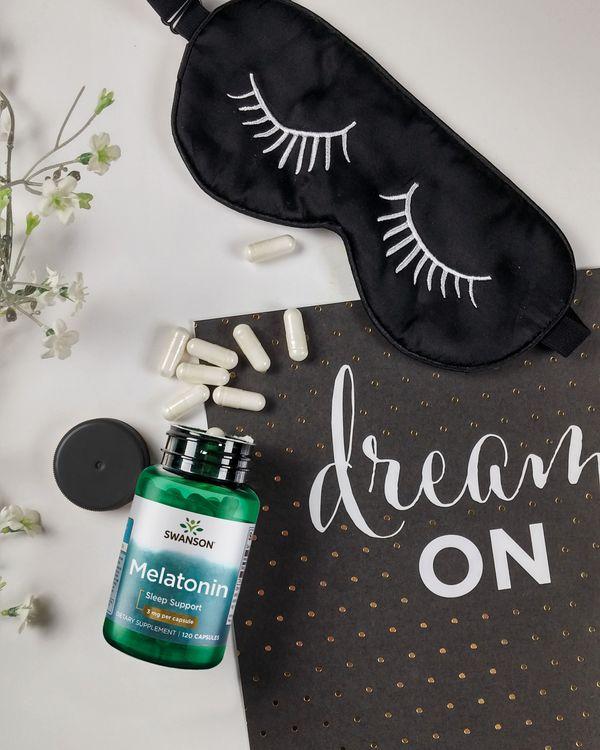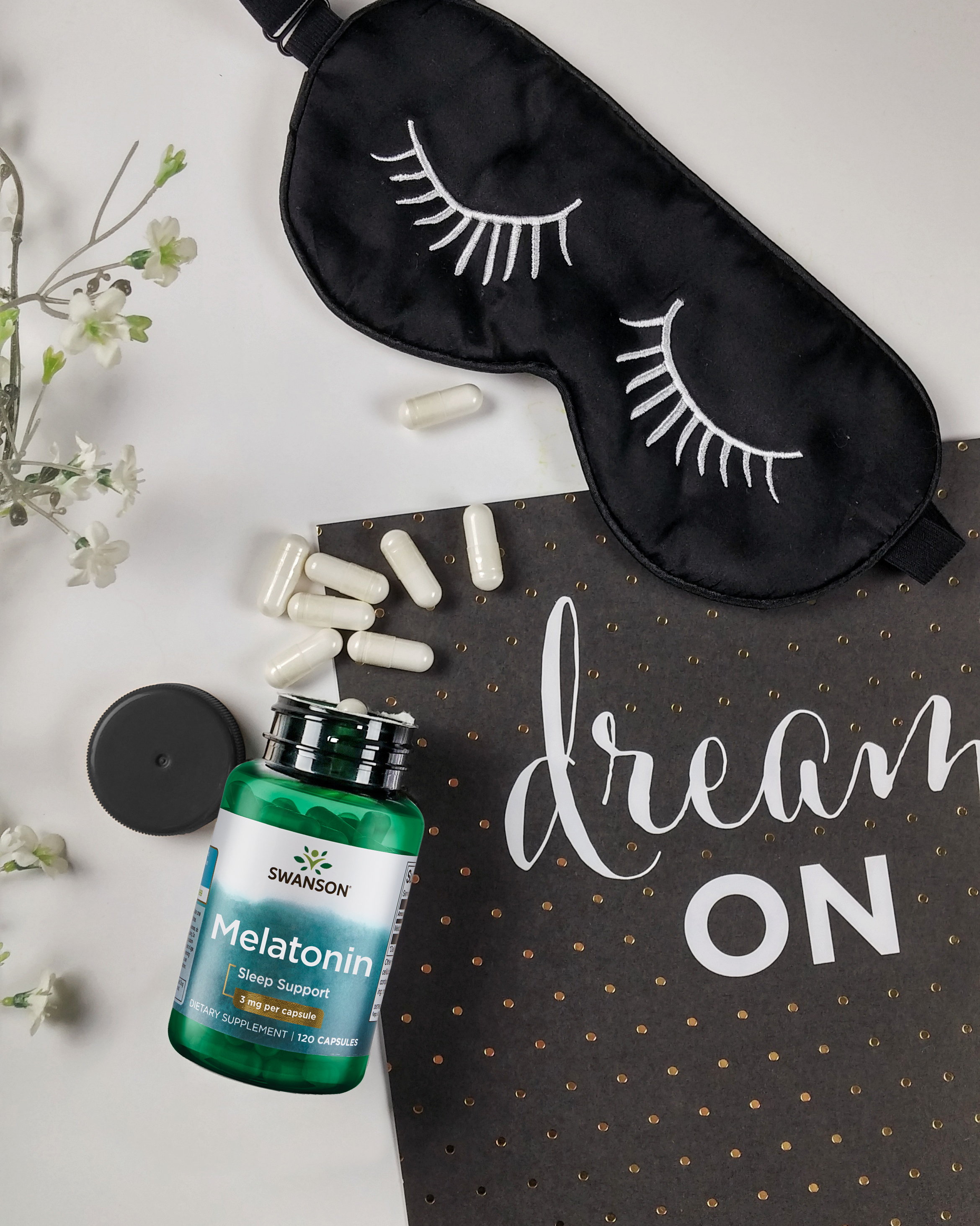According to a report from the Centers for Disease Control and Prevention (CDC), 25% of the U.S. population does not get enough sleep. For those who struggle with sleep, there’s nothing more frustrating than lying in bed wide awake, unable to fall asleep.
Having trouble sleeping is not a new phenomenon, which means we have a lot of experience in overcoming this nightly challenge. In 2017, we now have a vast arsenal of time-tested sleep aids, sleep remedies and even cutting-edge sleep technology to help us fall asleep, stay asleep and wake up refreshed (and on time).
If sleep doesn’t come easily for you, it’s time to do something about it. From smartphone apps to natural sleep remedies to bedroom decor, here is a guide to natural sleep aids that can help you get the rest your body needs to stay refreshed and healthy.
Best Sleep Apps
We generally recommend avoiding screen time before going to bed. Despite that recommendation, we've found that some apps can actually help you establish healthy sleep routines.
- Sleep Cycle Alarm Clock
Put years of sleep research to work for you with this simple iPhone sleep app. Using a scientific approach, Sleep Cycle monitors you while you sleep and wakes you up during your lightest sleep stage so you start the day feeling as refreshed and alert as possible. And don’t worry, you won’t be late—the app allows you to set a wake up window (up to 90 minutes) so you still wake up on time. (For Android users, check out SleepBot. Its features are nearly identical.)
- Sleep Sounds
Not the most eloquently named app out there, but it is perfectly descriptive. Unlike the sleep cycle apps that focus on waking you up at an optimal time, Sleep Sounds helps you fall asleep by giving you access to more than 100 different soothing sounds and music ranging from white noise to peaceful music, lullabies and binaural beats. You can select from preset sounds or mix your own favorite beats and save your own sleep playlist. The app comes with a sleep timer and a wakeup timer to slowly wake you up with gentle sounds.
- Pzizz
This iOS and Android sleep app promises to deliver “sleep at the push of a button!” Pzizz puts the science of psychoacoustics to use with its patented algorithm that plays a sleep-optimized mix of music, vocals and soothing sound effects to quickly quiet your mind, put you to sleep, help you stay asleep and wake up feeling refreshed. Pzizz also has napping options for a midday power nap.
- Calm
Calm is the #1 app for mindfulness and meditation, which can help put your mind at ease so you’re not kept up all night with thoughts running wild in your head. Each day the app is updated with a new 10 minute guided meditation that will also help you start each day on the right foot. From 3 minute to 25 minute meditations, you’ll be able to find the right pace to calm your mind.
Foods that Promote Sleep
"Let food be thy medicine and medicine be thy food." Diet is one of the easiest places to make changes in your daily life that can have a significantly positive impact on your sleep. For example, don’t drink caffeinated beverages in the hours leading up to bedtime. It’s obvious, yes, but do you actually follow that rule? While you want to avoid consuming energizing foods before bed, here are some foods that can help mellow you out and make it easier to drift off.
- Walnuts & Almonds
As a natural source of tryptophan—the amino acid most often associated with Thanksgiving turkey naps—walnuts provide your body with the building blocks to make melatonin, the sleep hormone. Almonds provide magnesium, which studies have shown can help you stay asleep easier throughout the night.
- Fish
Tuna, halibut and salmon in particular are naturally high in vitamin B-6, which your body uses to make melatonin. Plus, better sleep isn’t the only benefit to adding more fatty fish to your diet.
- Jasmine Rice
White rice in general has a high glycemic index, which is not normally the type of food we’d recommend since it causes spikes in insulin and blood sugar. But, such foods also make you sleepy, and white rice goes with just about anything, so adding it as a side to your dinner plate might be just what you need.
- Chamomile Tea
Enjoyed for its anti-stress benefits, chamomile tea can also help you sleep by putting your mind at ease. Aside from its mild sedative properties, the mere act of brewing a cup of hot tea can help set the mood for sleep. Bonus: add some honey, which can help your body absorb sleep-promoting tryptophan.
- Hummus
Made primarily from chickpeas, another natural source of tryptophan, hummus is not only delicious, but it’s also easy to make and customize with your favorite spices. Paired up with some whole-grain crackers or your favorite crispy vegetable, hummus makes the perfect bedtime snack.
Sleep Supplements
Everybody knows about melatonin. Even your doctor may have recommended it. But you have more options when it comes to natural sleep supplements. Let’s take a look…
- Melatonin: The most popular and widely used sleep supplement, melatonin can help people fall and stay asleep. How much melatonin should you take, and when should you take it? Read our full guide to melatonin.
- Valerian Root: Teas blended specifically for sleep often include valerian root because studies have shown it can help you fall asleep easier, as well as improve the quality of your sleep. Research has also found that valerian root promotes the production of the amount of a chemical called gamma aminobutyric acid (GABA) in the brain. GABA helps regulate nerve cells and promotes a calm mood.
- L-Tryptophan: This essential amino acid has been shown to help your body maintain healthy serotonin levels, a hormone that contributes to a positive well-being and mood. That can help calm your mind and help your body fall asleep and stay asleep.
- 5-HTP: 5-HTP is a precursor to serotonin and melatonin, and it has also been shown to decrease the time it takes to fall asleep and reduce the amount of times you wake up throughout the night.
Bonus Sleep Tips:
- Don’t forget to exercise.
It may seem counterintuitive at first, but the more regular exercise you get (even 30 minutes of walking a day), the better you’ll sleep. Regular exercise boosts your body’s natural feel-good hormone production, which helps regulate your mood and calm your mind. If you struggle falling asleep due to an abundance of mind chatter, consider lacing up your running shoes after work or on your lunch break.
- Optimize your sleep environment.
You don’t need to spend a ton of money redecorating your bedroom, but a few adjustments can go a long way. First off, you need a dark room for optimal sleep, so invest in blackout curtains if your bedroom gets a lot of sunlight. Second, go minimal. Reduce as much clutter in your bedroom as you can—out of sight, out of mind. Third, check the electronics at the door.
- Set a regular bedtime routine.
When it comes to sleep and mood, you’re not much different than a toddler. You both crave regularity, especially with sleep. Try to get to bed and wake up at the same time every day. You’ll train your body to expect sleep, and it will naturally fall into that rhythm, making it easier to fall asleep and wake up feeling refreshed.




